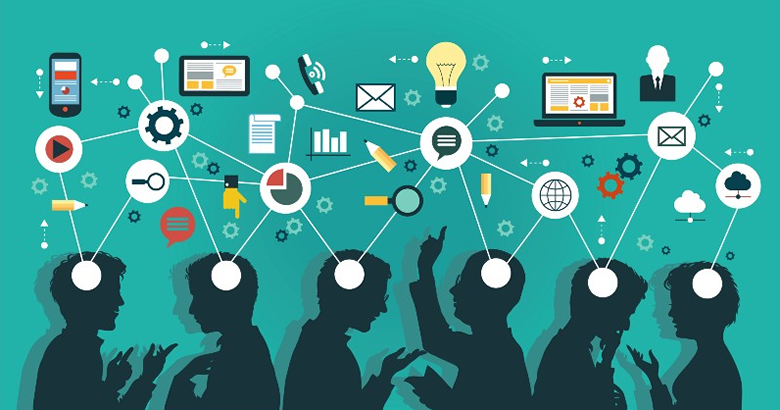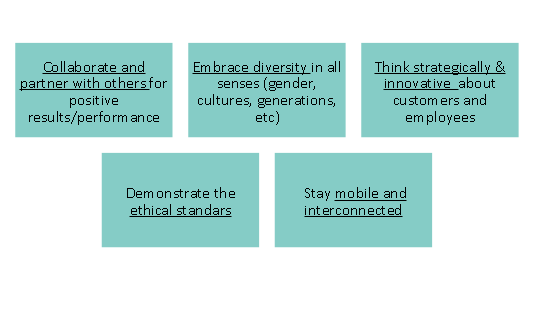I have been fascinated by the idea that we are already living in the Collaborative Revolution! Some years ago, Steve Jobs said that the information revolution would “empower individuals and democratize everything “. We could not predict things would have moved so fast.

This is how the world has evolved so far:
- 1880 Industrial Revolution
- 1980 Computer Revolution
- 1990 Internet Revolution
- 2010 Information Revolution
- 2020 Collaborative Revolution (predicted) – are we there yet?
What will the world look like in just a few years? How come changes are happening at a speed never seen before? In the blink of an eye we see new companies being launched and changing the dynamics of markets, countries, and people. Organizations and individuals are working in a more collaborative way, sharing more openly their products, knowledge, causes, and even customers!
When we think about successful companies such as Uber, Airbnb and other businesses that translate what the collaborative economy is all about, we realize that we are living in a new era. With the use of technology and digital tools, new ways of doing business are impacting everyone at a global scale, and completely changing the way we live. They create demand for services we have never thought about before, allowing convenience and price advantages to consumers. We quickly learn and incorporate these new products/services into our day-to- day lives.
Our lifestyles, beliefs and the way we interact with each other are being transformed.
Expert in the field, Rachel Botsman talks about collaborative consumption as “the reinvention of traditional market behaviors – renting, lending, swapping, sharing, bartering, gifting – through technology, taking place in ways and on a scale not possible before the Internet. That includes product service systems, collaborative lifestyles and redistribution markets that enable people to pay to access and share goods and services versus needing to own them outright.”
To me, the idea of Collaborative Revolution not only relates to the collaborative economy or consumption previously mentioned here. It is also applied to other fields that share the same core value – two or more people working together to achieve a goal or a purpose. They could be collaborative cultures, teams, leaders, organizations, work, learning, society, etc.
Collaborative Revolution: What matters the most is how you share
Another important point in this discussion is that, in most fields today, you are no longer recognized by the information or knowledge that you have! What matters the most is how you share that knowledge with the rest of the world, and if you can work in a collaborative way with other organizations and individuals to drive innovation, create market demand, and attract people’s interests!
A company or a person’s reputation are also very critical in this context, and will be built based on behaviors that are observed “live“ and virtually. Online reviews, social media interactions and other digital tools bring to the world – at a global scale, in just a few seconds – what people think and feel about a product, service or person.
From an organization’s perspective, in this new era conventional hierarchical models won’t work, and leadership now has more to do with your ability to:



Leave a Reply